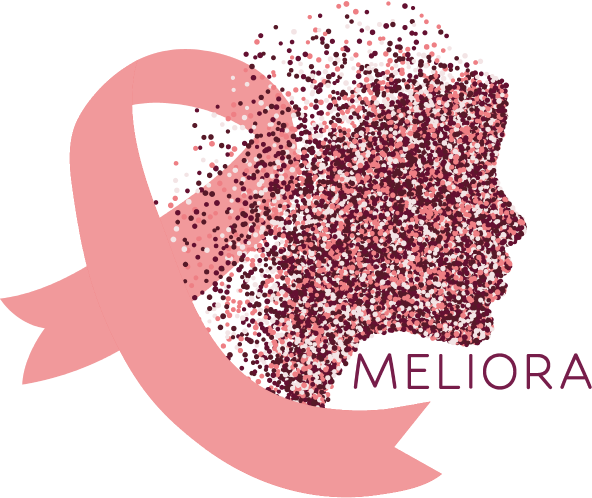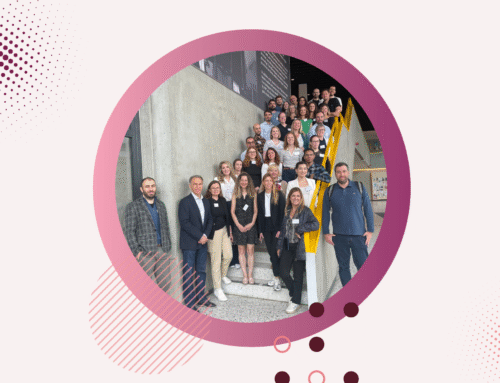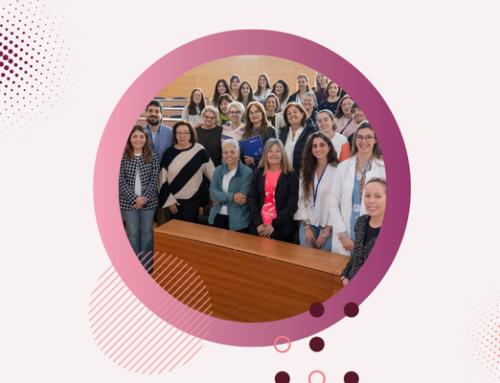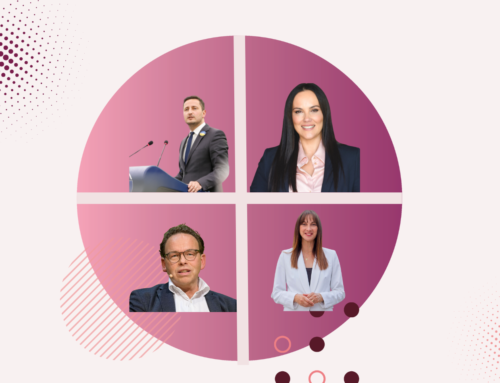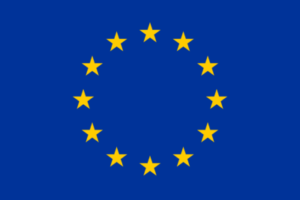This article was authored by Alexandra Olson, Project Officer at the European Health Management Association (EHMA).
On September 24th, 2024, individuals from across Europe, including breast cancer patients and survivors, representatives of patient advocacy organisations, healthcare workers, researchers, and members of the MELIORA consortium gathered online for an interactive workshop organised by the European Health Management Association (EHMA). The purpose of the workshop was to gain a better understanding of factors which may serve as barriers or facilitators to healthy and active living, as well as to garner feedback and suggestions that would feed into the development of MELIORA’s Intelligent Virtual Coach (VCI). After having collaborated with local partners to carry out similar workshop in the four countries where the VCI will be piloted- Greece, Lithuania, Spain, and Sweden- this workshop provided a unique opportunity to gather diverse perspectives and insights on a European level.
What is healthy living?
The workshop participants were split into breakout rooms in order to facilitate conversations on what ‘healthy living’ means to them, both on a personal level and at the community level. The consensus? Although some aspects may be promoted via online resources as being very ‘black and white’ (e.g exercise frequently, eat healthy), other types of information (e.g what kinds of foods are healthier than others) may be confusing or contradictory. What’s more, personal definitions in regard to living a healthy lifestyle vary from person to person depending on individual circumstances as well as community and cultural contexts.
For example, in Belgium, Luxembourg, and Sweden, healthy living involves being outdoors, while in Greece it involves carrying out communal activities, such as cooking together. These differences fostered a discussion about how such behaviors could be promoted and more effectively facilitated on local and national levels- including implementing more ‘car free’ days, improving public transportation infrastructure, allocating funding towards the creation of more green spaces within cities, and advocating for healthier alternatives to particular gatherings within the community (e.g meeting to dance together rather than getting a drink).
However, it was also noted that the implementation of healthy behaviors is highly dependent upon the time that an individual has available to them (e.g, between balancing work, taking care of children, or duties at home), the resources around them (e.g the availability and accessibility of healthy foods or green spaces), and their overall energy levels, particularly during breast cancer treatment and/or recovery. While for some individuals, taking part in physical activity during these processes may be empowering, trying to meet the recommended level of physical activity may feel isolating for others. ‘Getting outside’ may also not feel comfortable for some individuals, who may prefer the comfort of their own home and space when exercising.
Key takeaways for the MELIORA VCI
Bearing factors such as these in mind when developing the MELIORA Intelligent Virtual Coach (VCI), will be very important to ensure that personalised recommendations can be offered that are suited to the needs of each user. For example, if an individual has limited time during the day but would like to have a home-cooked meal, the VCI could provide recipe suggestions based on the time that they have available. Educational materials, such as podcasts, could also be tailored based on time constraints, and could include insights to promote the adoption of healthy behaviors or could provide an escape (e.g an e-book). In this way, such resources could allow users to learn in increments that are accessible to them or provide them with a way to immerse themselves while taking a long walk or traveling.
Likewise, recommendations for physical activity should not only consider the time that an individual has available as well as the accessibility of local green spaces or walking paths, but also the preferences of individuals who may, for example, prefer to work out at home or have limited mobility. In this regard, a variety of options from walking in a local park or swimming at a nearby lake to yoga or Pilates courses that can be done at home should be promoted through the VCI. Cultural and age differences should also be considered when providing these recommendations since, for example, older women in Southern Europe may not be encouraged to go out on their own at night to take a walk.
The importance of community
A common theme that emerged during the workshop was the importance of prioritizing oneself and your overall well-being, which not only involves finding a way to balance work obligations, child-rearing, and time with friends and family in order to reserve time for yourself, but also by leaning on your ‘community’ for support. It was noted that surrounding yourself with individuals who can understand what you are going through and who have had similar experiences can be invaluable, whether that includes joining a virtual community, taking part in health events (for example, running events hosted by ThinkPink), or joining a support group of breast cancer/cancer patients and survivors. It can also involve gaining an understanding of what resources may be available to you within your community and taking advantage of them- for example, taking a community bus that shuttles individuals to go shopping, visit green spaces, or attend treatment may also provide comradery as well.
These discussions resulted in the brainstorming of several potential features for the VCI, including the establishment of a virtual community, where individuals could interact with other users who may be in the same phase of treatment or recovery. In this way, individuals could not only support each other, but learn from each other, sharing advice and experiences across cultural and national contexts. The VCI could also take note of community resources that may be available to someone based on their location and provide suggestions for specific programmes or activities that they could participate in.
Lack of communication and clear language: A barrier to healthy living
Although there is a lot of information available online related to healthy living, it was noted that it can sometimes be confusing, of poor quality, or altogether contradictory. This overload of information can already be difficult to manage when trying to identify, for example, what types of food are healthier than others, but can become completely overwhelming when trying to find the right information about effective breast cancer care. In the face of anxiety often driving patients to search for ‘quick’ solutions online and information being shared on social media whose relevance may be difficult to discern, the availability of reliable and trustworthy information has never been more important. A discussion also emerged around the importance of information that not only accounts for potential language barriers of the different users, but also for the need to present information in a ‘common’ and easily understandable manner that avoids, for example, research jargon. These are all aspects that should be considered during the development phase of the MELIORA VCI, as the app could not only provide reliable information and help educate users in evaluating online sources, but also make the user feel well considered and guided in general.
Next steps for MELIORA
These two and a half hours of insightful discussions underscored the importance of the project’s work to reduce the risk of breast cancer and enhance the inclusivity of digital health solutions, concluding the workshop on a hopeful note regarding the future work of the project. Currently, we are seeking policymakers to join Stakeholder and Policy Advisory Board (SPAB). This board is composed of policymakers, health authorities, non-clinical and clinical health professionals, policy experts, researchers, breast cancer patients and survivors, and patient representatives who serve as advisors on the development of the MELIORA intervention and the sustainability of the project’s results. For more information and to join the SPAB, you can contact Alexandra Olson at alexandra.olson@ehma.org.
You can also subscribe to our newsletter and follow us on social media to stay up to date on the latest project developments and upcoming events.
